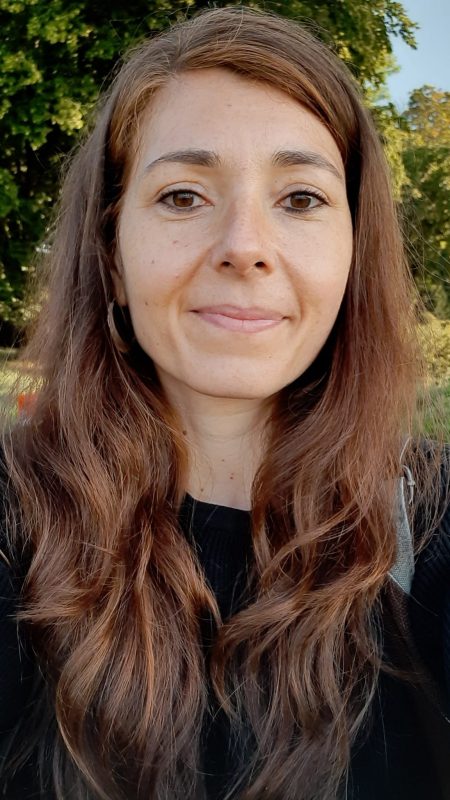2025
Project: Cultural Practices and their Linguistic Representation: Documenting Food and Music in Tunisian and Libyan Amazigh Communities
Dr. Valentina Schiattarella
( Researcher, Naples )
Valentina Schiattarella is a linguist focused on describing and documenting minority languages, particularly those in the Berber/Amazigh family. She earned her PhD at the École Pratique des Hautes Études (Paris) in 2015, with a dissertation on Siwi Berber. Since 2016, she has conducted postdoctoral research and teaching activities in Italy (University of Naples “L’Orientale”), Germany (Alexander von Humboldt Foundation, University of Hamburg) and France (ILARA, Paris), working on both Siwi and other Amazigh languages of Libya. Her research combines detailed linguistic analysis based on fieldwork data. She has collected an extensive corpus on anthropologically relevant cultural practices and oral traditions, such as recipes, folktales, short poems, riddles, and traditional songs, which have yielded crucial linguistic, historical, and cultural insights into the speech community. She authored Berber Texts from Siwa (Köppe, 2017) and is currently finalizing a comprehensive grammar of the Siwi language.

Project IRF I : Aesthetics & Cultural Practices
The research project adopts an interdisciplinary approach combining linguistics and anthropology. It examines the relationship between language and cultural practice. Its main objective is to collect lexical material related to two key semantic domains, food and music, in selected Libyan and Tunisian Amazigh communities, focusing on their semantic denotations and shifts (e.g., linguistic terms for tools and instruments, names of recipes, lyrics and musical genres, associated ceremonies and songs…). These domains were selected due to their particular importance in Amazigh culture, as documented in numerous historical and anthropological accounts. Moreover, both food and music practices are often adopted and adapted by different communities, making them especially valuable for studying cultural retention and innovation. Indeed, a second, long-term objective, on which this fellowship lays the foundation, is to analyze the data comparatively. Examining semantic shifts in identical terms may help identify areas of intense contact, whether between traditionally separate linguistic groups within the same language family or between languages not previously considered to be in contact. Time spent on this project will also be devoted to considering how best to present this material, with attention to ethical considerations and access policies related to their dissemination, especially via social media, and archiving. When feasible, priority will be given to local repositories.
